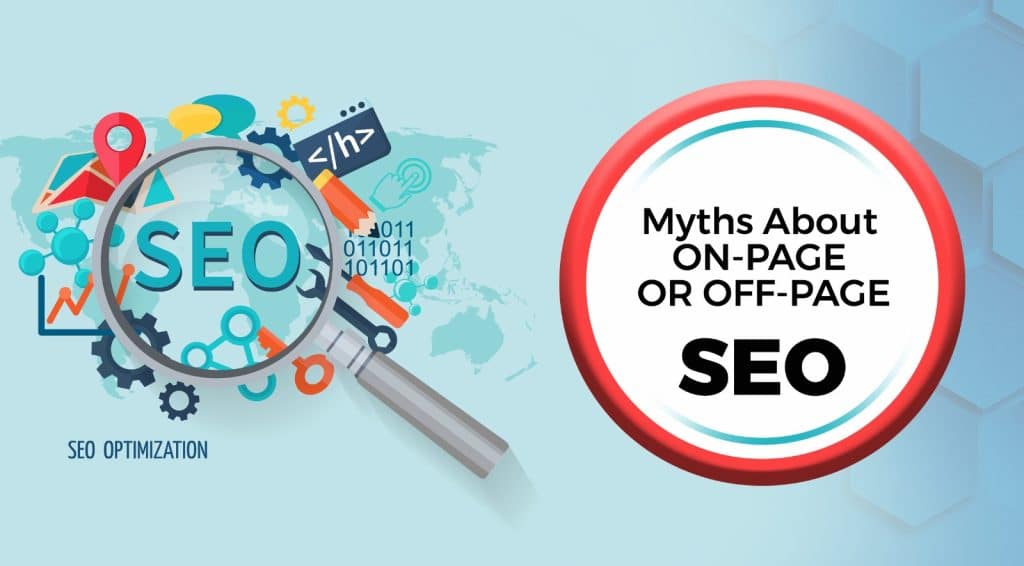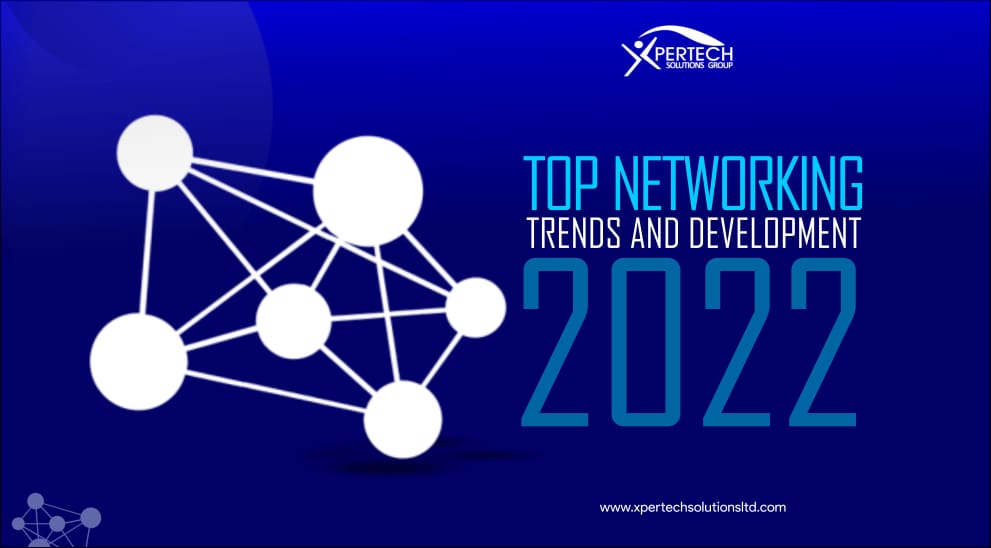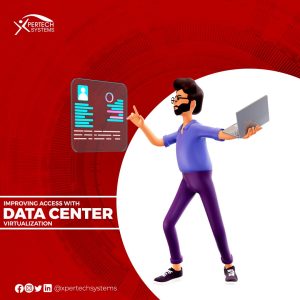Separating Fact from Fiction: Debunking the Myths About On-page and Off-page SEO
Search engine optimization (SEO) is an essential part of any good digital marketing strategy. With so much conflicting advice on the web and all the myths about on-page and off-page SEO, it can be hard to know what’s true and what’s not. In this blog post, we’ll explore some of the most common myths about SEO so you can separate fact from fiction and make sure you’re optimizing your website correctly.
Introduction
There’s a lot of misinformation out there about on-page and off-page SEO. In this article, we’ll separate fact from fiction and debunk some of the most common myths about on-page and off-page SEO.
Myth #1: On-page SEO isn’t important
Wrong! On-page SEO is just as important as off-page SEO. The two work hand-in-hand to help you rank higher in search engine results pages (SERPs).
Myth #2: Keyword density is the most important on-page ranking factor
It’s true that keyword density is a ranking factor, but it’s not the most important one. The three most important on-page ranking factors are content, links, and user experience. So, while keyword density is important, don’t obsess over it. Just focus on creating high-quality content that your readers will love.
Myth #3: You need to stuff your keywords into your tags and titles
Nope! That’s called keyword stuffing and it’s a sure-fire way to get penalized by Google. Instead, use your keywords sparingly and only when they make sense. For example, if you’re writing an article about tennis shoes, make sure to mention them in your title and throughout the body of your article. But don’t go overboard – a couple of mentions should be enough.
What is On-Page SEO?
On-page SEO is the process of optimizing a website for Google search with the goal of earning higher web traffic levels and improving the visibility of the site. The main focus of on-page SEO is to create content that is both relevant and keyword rich so that when people search for those keywords, your site comes up as a top result.
There are many different factors that go into on-page SEO, but some of the most important include:
- Title tags: These are the headlines for each page on your site, and they should be reflective of the page’s content. In addition, title tags should also include your target keywords.
- Meta descriptions: These provide a brief summary of what each page on your site is about. They show up in Google search results underneath the title tag, so it’s important to make them clear, concise, and keyword rich.
- Header tags (H1, H2, H3): Header tags help break up your content into smaller, more manageable sections. They also allow you to further optimize each page for specific keywords by including them in the header tags.
- Image optimization: Whenever you upload an image to your website, be sure to include keywords in the file name and fill out the alternate text field with a brief description of the image. This will help Google index your images and improve your site’s overall ranking.
Common Myths About On-Page SEO
There are a lot of myths out there about what on-page SEO is and how it works. Here are some of the most common ones:
1. On-page SEO is all about keyword stuffing.
This is one of the most prevalent myths about on-page SEO. Keyword stuffing used to be an effective way to improve your search engine rankings, but it no longer works. In fact, it can actually hurt your ranking. Search engines have become much better at detecting keyword stuffing, and they will penalize you for it.
2. You need to use all of the keywords on your page to be successful with on-page SEO.
This is also not true. In fact, using too many keywords on your page can actually harm your ranking. Search engines will penalize you for keyword stuffing, as mentioned above. Only use keywords that are relevant to the content on your page.
3. On-page SEO is not important because it’s all about off-page SEO anyways.
Both on-page and off-page SEO are important for achieving good search engine rankings. You need to optimize your website for both search engines and users if you want to be successful with SEO.
What is Off-Page SEO?
Off-page SEO is the process of optimizing a website for search engines with the goal of earning higher web traffic levels and improving the visibility of the site. It encompasses activities such as link building, social media engagement, and other factors that can impact your site’s ranking in search engine results pages (SERPs).
While on-page SEO focuses on optimizing your website’s content and code for search engines, off-page SEO looks at factors that are external to your website but can still impact your ranking. Because off-page SEO is more about building relationships and generating popularity for your site, it can be seen as a more long-term strategy than on-page SEO, which is more focused on immediate results.
There are many different techniques that can be used as part of an off-page SEO strategy, but some of the most common include link building, social media engagement, and brand mentions. Link building involves getting other websites to link to yours, while social media engagement refers to actively promoting your content on popular social networks like Twitter and Facebook. Brand mentions occur when someone talks about your website or business without actually linking to you; these can come in the form of blog posts, forum comments, or even news articles.
While off-page SEO is a complex topic with many different facets, the basic goal remains the same: to improve your site’s visibility and organic traffic levels by building relationships and generating popularity for your brand online.
Common Myths About Off-Page SEO
There are many misconceptions about off-page SEO. Here are some common myths:
- Off-page SEO is not important.
- Off-page SEO is all about link building.
- Link building is the only way to improve your off-page SEO.
- Social media has no impact on off-page SEO.
- You need to spend a lot of money on off-page SEO tools and services.
All of these myths are wrong! Off-page SEO is just as important as on-page SEO, and it can be improved through various means, such as link building, social media, and others.
Combining On and Off-Page SEO for Maximum Results
It is a common misconception that on-page and off-page SEO are mutually exclusive – this simply is not the case. In reality, the two types of SEO are quite complimentary, and combining them can lead to maximum results. Here we will dispel some of the myths about on-page and off-page SEO so that you can see how both can be used together for optimal results.
Myth #1: On-page SEO is all about optimizing your website’s code and content, while off-page SEO has nothing to do with your website
This could not be further from the truth! While it is true that on-page SEO focuses on optimizing your website’s code and content, off-page SEO also has a lot to do with your website. In fact, one of the most important factors in off-page SEO is link building, which directly affects your website’s ranking in search engine results pages (SERPs).
Myth #2: Off-page SEO is more important than on-page SEO
Again, this is simply not true. Both on-page and off-page SEO are important for achieving high rankings in SERPs. That being said, your website’s overall relevance and authority are determined by a variety of factors – not just the number of links pointing to it. So, while link building is an important part of off-page SEO, it’s not the only factor that matters.
Conclusion
On-page and off-page SEO are two distinct yet equally important strategies for optimizing your website. Knowing which myths to ignore and which tactics to focus on can make all the difference when it comes to achieving success with search engine optimization. With this article, we have attempted to separate fact from fiction in order to help you get a better understanding of both concepts so that you can develop an effective strategy for your own website.













 disconnect between hardware and software. If you’re looking to improve productivity, this can be a great option. You may or may not understand this now, but the truth is that this is a huge improvement over existing information technology.
disconnect between hardware and software. If you’re looking to improve productivity, this can be a great option. You may or may not understand this now, but the truth is that this is a huge improvement over existing information technology.